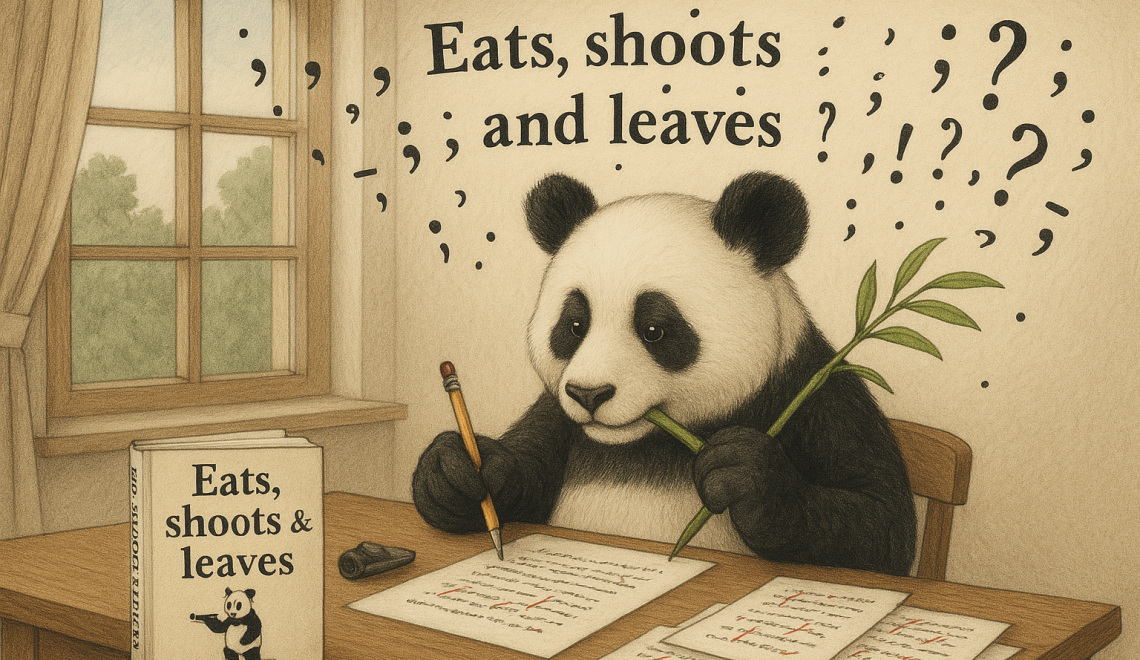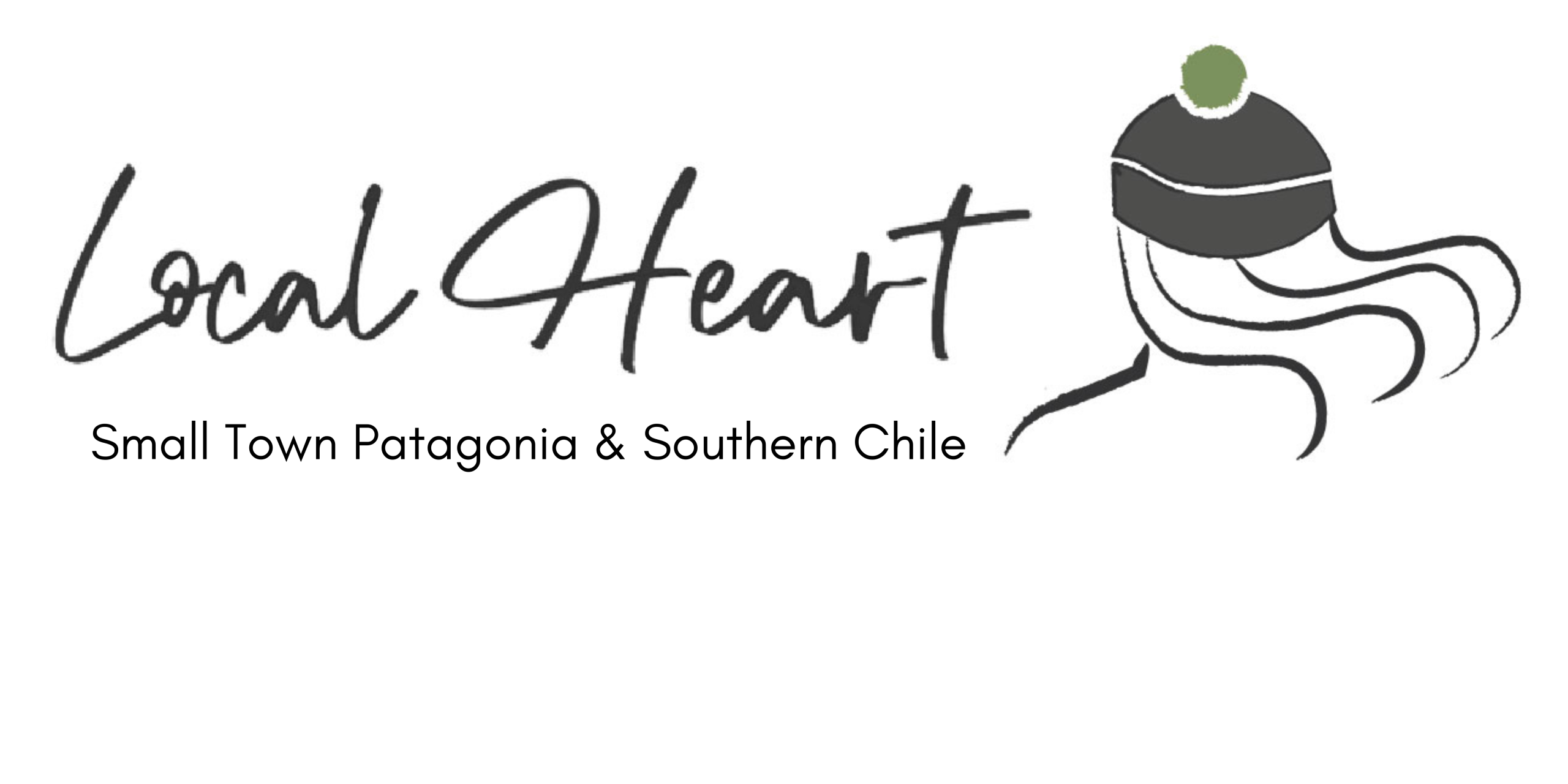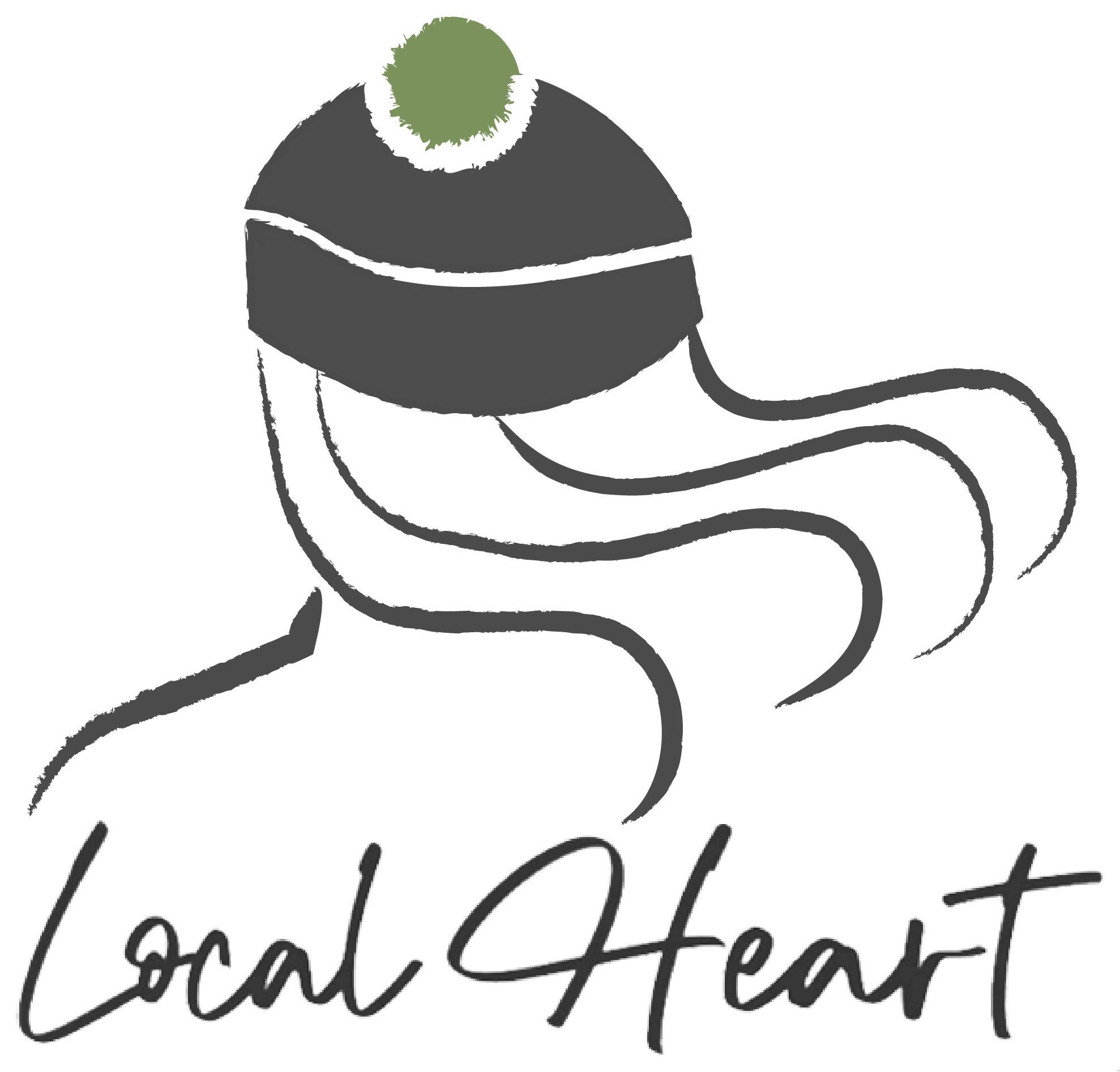
When Language Gets Hungry
A panda walks into a café, eats shoots and leaves. The waiter weeps. The copyeditor weeps harder. It’s the oldest joke in the grammar galaxy — and Lynne Truss’s Eats, Shoots & Leaves turns that tiny punctuation punchline into a full-blown love letter (and roast) to the English language.
In Truss’s hands, that simple joke becomes a manifesto for clarity and comedy. She doesn’t just wag her finger at missing apostrophes — she writes as if wielding a fencing foil, jabbing at misplaced commas with comic precision.
Although first published in 2003, I’ve just read it for the first time and found myself somewhere between giggles and cringes at her very accurate, no-excuses account of what she sees as the dire state of literacy and punctuation today. Reading her is like eavesdropping on your sharpest, funniest English teacher after one too many cups of tea.
Teachers Who Champion
Speaking of teachers — when I was a little girl, I could fill pages with stories, but my spelling and punctuation were so catastrophic that my English teacher had to ask me to read them aloud to her. Instead of despairing, she became my champion. She saw the spark, not the syntax, and patiently helped me make sense of my own words. By my final year of junior school, I was scoring ten out of ten for dictation — proof that even the most chaotic young writer can be tamed by kindness (and commas).
Why Punctuation Still Matters
That’s the spirit of Eats, Shoots & Leaves: it’s not grammar for grammar’s sake. It’s a celebration of clarity, creativity, and the absurd beauty of language — the difference between “Let’s eat, Grandma” and “Let’s eat Grandma.”
Even Oxford University Press agrees: punctuation isn’t just about rules — it’s how we make meaning.
In a world of auto-correct and emoji-based emotion (I’m so guilty of this — Truss would hate me), she reminds us that punctuation still matters. It’s how we show care, wit, and understanding. Without it, we’re all just eating shoots… and leaving.



